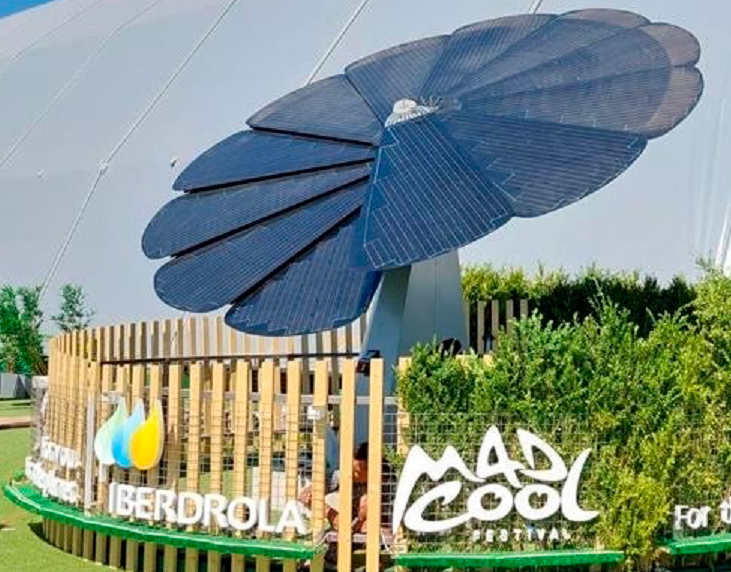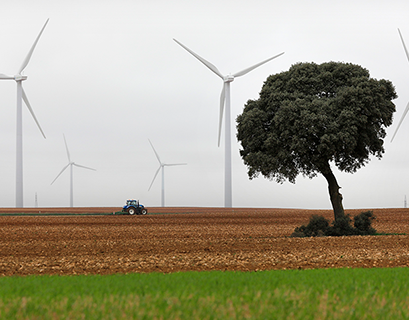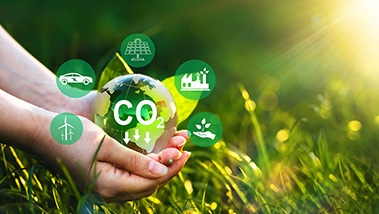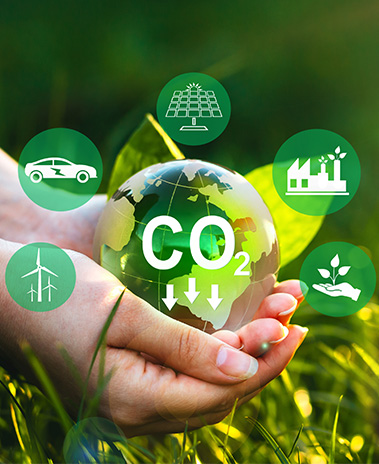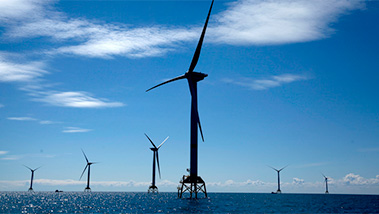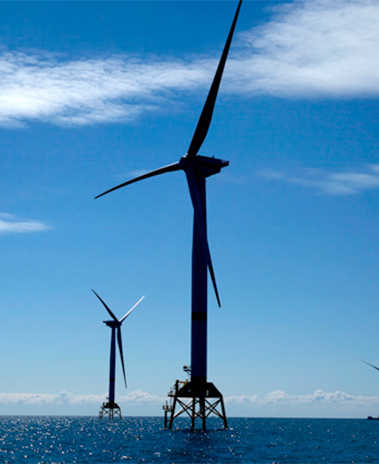#decarbonisation
Decarbonisation is the process of reducing the amount of carbon, mainly carbon dioxide (CO2), sent into the atmosphere. Its objective is to achieve a low-emission global economy to attain climate neutrality via the energy transition.
-
Iberdrola, through its PERSEO Start-ups programme, is taking another step towards sustainability at Mad Cool, one of the leading European music festivals held in Madrid, on its path towards decarbonisation . This project will be implemented...
Like any activity, sport suffers the consequences of climate change, such as high temperatures and pollution. With a more sustainable horizon as a goal, Nike and Iberdrola have had an agreement since 2016 for the long-term purchase and sale of clean energy (PPA). The aim is to reduce the sports brand's carbon footprint and demonstrate the role of large companies in the fight against climate change.
-
Iberdrola is fully committed to the conservation of biodiversity and ecosystems, and to this end has launched a new challenge . The goal is for the supply of clean and sustainable competitive energy to be compatible with the balance of the...
Companies and communities need help in translating government decarbonization goals into actions. ScottishPower’s Zero Carbon Communities initiative aims to do just that.
-
Decarbonisation means reducing to the minimum the greenhouse gas emissions – which mainly come from the use of fossil fuels – that are generated by any activity. Gradually decarbonising the economy is a global challenge, as these emissions heat the planet and worsen climate change.
From wind and solar to nuclear and green hydrogen, we break down the different energy sources and explore their role in reducing emissions, creating jobs and driving energy independence.





